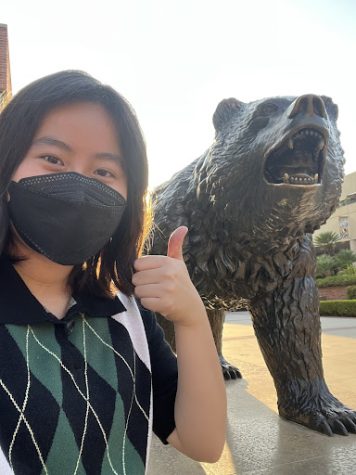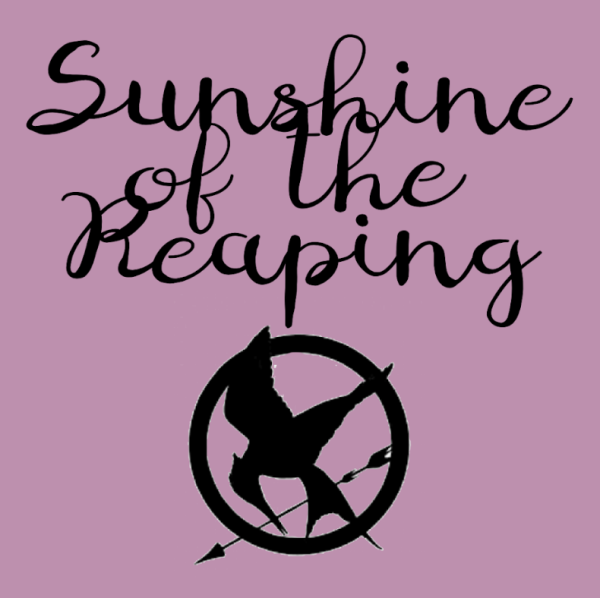Historical Insensitivity in K-Drama Snowdrop
When it comes to South Korean television shows, historical period dramas are a classic genre. Not only can the production team add flashy action scenes and show off striking costume designs, but it’s par for the course to add some spices of romance, comedy, and even politics. These aspects are an integral key in the genre’s rising popularity. Still, not all lines can be crossed when adding entertainment to history.
Produced by JTBC and starring Jisoo, an idol from the famed K-pop girl group BLACKPINK, Disney+ K-drama Snowdrop appeared to be another hit historical drama. Instead, there have been several concerns about its distortion of history since its debut in mid-December. With much of South Korea’s history from the Democratic Movement of 1987 (often called the “June Struggle”) serving as the backdrop for its K-drama plot, there’s a higher standard to represent the freedom fighters sincerely.
Here’s the gist of the movement: from 1980 to 1988, South Korea was ruled by Chun Doo-hwan, a military dictator with an iron fist. He heavily censored the media and mercilessly slaughtered protestors, among other atrocities. Citizens desired democracy and wanted to be free of his control. However, the fight wasn’t easy—tear-gas riots erupted, hundreds of protestors were tortured and executed after being accused of spying, and many lost loved ones in the battle for freedom.
As a result, South Koreans shook their heads in disapproval when the premise of the historical-romance drama Snowdrop was revealed. Given that the June Struggle occurred only three decades ago (unlike other historical K-dramas set centuries before), an understandable concern grew that the drama would not do the monumental event credit.
Snowdrop follows Eun Young-ro (Kim Ji-soo), a first-year college student, as she falls in love (at first sight!) with Im Soo-ho, a North Korean secret agent (Jung Hae-in). Keep in mind that the South Korean government justified their horrendous acts against protestors by claiming that they were spies. The question of “What if the government legitimately was protecting us and we were in the wrong?” is perpetuated by having the male lead be a spy, which may lead to supporters against the people’s freedom.
Ultimately, the fears of the disapprovers were confirmed. Viewers on JTBC stormed the internet with lists of accusations on the show’s historical failures. Even more, Teazen and Puradak Chicken, the show’s main sponsors, withdrew their sponsorship, denying knowledge of Snowdrop’s political content and fiercely apologizing to viewers. Thirty petitions were established to support the show’s abolition, with one even delivered to the country’s president after obtaining 325,000 signatures.
Moreover, Bae Keung-yoon, a professor in Korean studies at Georgia Institute of Technology, posted an open letter to Walt Disney’s Asia-Pacific president. In this letter, Bae and 25 other knowledgeable individuals of Korean and East Asian studies requested, “… that your company [Walt Disney] seek experts… to carefully examine the historical references made in the show, and consider for yourselves the way those historical references are used.”
Essentially, the sacrifices made to save the nation from entering a state of oppression à la North Korea are downplayed in Snowdrop by melodrama and twisted facts. While international audiences may be unconcerned about the show’s historical insensitivity, the context of the drama is a tough hurdle for many South Koreans to surpass. The outpouring of vitriol directed against the drama stresses the importance of careful research, cultural sensitivity, and accuracy in historical works.

Hello again, Quartz Hill! My name is Tiffani Pe, and I’ll be serving as an assistant Copy Editor for the QHHS Ubiquity. Being a senior IB student with...






